Taking care of your pool can feel like a big job, but learning from common mistakes can make it much easier. Whether you’re a new pool owner or have had one for years, there’s always something new to know.
Are you making one of these 9 common pool maintenance mistakes? Identifying which mistakes you might be making can save you time, money, and hassle. Learn how to keep your pool clean and safe.
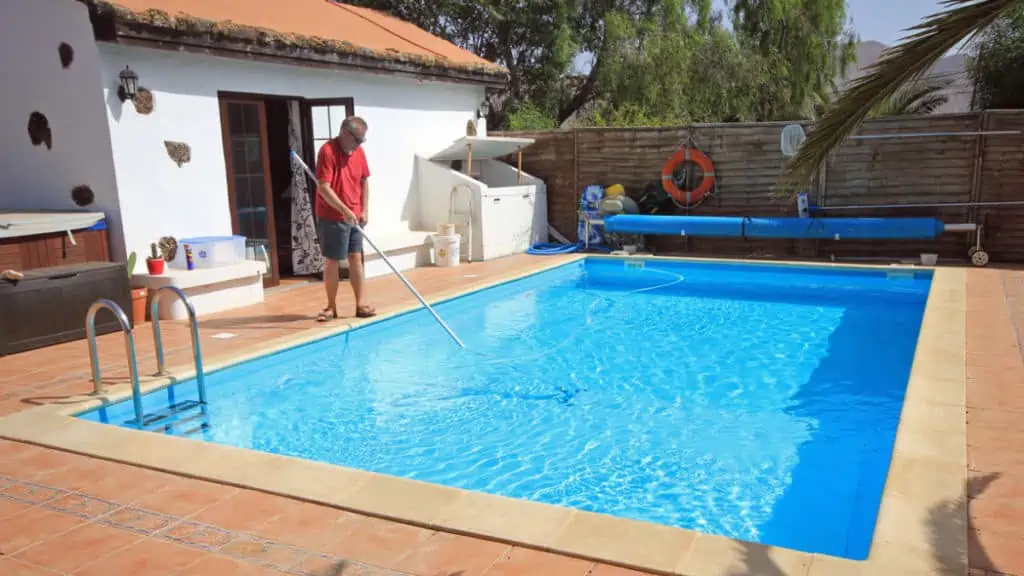
1) Skipping Regular Water Testing
How to Develop a Consistent Testing Routine.
Keeping your pool water in balance is key to a healthy and clean pool. Skipping regular water testing can lead to imbalanced water, which can cause problems like algae growth or skin irritation.
Set a schedule to test your pool water at least once a week. Choose a day that works best for you, like every Saturday morning.
Get a good quality testing kit. These kits measure things like pH levels, chlorine, and alkalinity.
Recommended Test Kit
Ideally, write down your results in a notebook or use an app on your phone. This way, you can track any changes in the water over time.
Make it a routine. Just like brushing your teeth, regular water testing should become a habit. You’ll quickly see the benefits as your pool stays clearer and healthier.
2) Shocking the Pool Incorrectly
Mastering the Art of Pool Shock Treatment
Shocking your pool is important for keeping the water clean. It’s easy to make mistakes, but don’t worry, you can master this skill with practice.
First, make sure you add the right amount of shock. Too much can damage your pool’s surface; too little won’t be effective. Always follow the instructions on the packaging.
It’s best to shock your pool in the evening or at night. The sun’s UV rays can weaken the chemicals, making the treatment less effective. Also, keep the pool pump running for at least 8 hours to help circulate the shock.
Remember to test your pool water regularly. This helps you know when it’s time to shock again. Proper pool shocking keeps your water clear and safe to swim in.
3) Neglecting Brush and Vacuum Duties
Why Thorough Cleaning is Essential
Skipping the brushing and vacuuming of your pool can lead to many problems. Algae and dirt can settle on the walls and floor, becoming tough to remove if left alone.
Brush the walls and floor of your pool regularly. This will prevent buildup and keep the surfaces smooth.
Vacuuming helps to clean up debris that brushing might miss. Use a pool vacuum at least once a week.
Neglecting these tasks can also affect your pool’s water clarity. Cloudy water is a sign that your pool needs a good cleaning.
Doing these simple chores can keep your pool looking great. Regular maintenance keeps the water clear and safe for swimming.
4) Ignoring pH and Alkalinity Levels
Achieving the Perfect Chemical Balance

Ignoring pH and alkalinity levels in your pool can cause big problems. If the pH is too high or too low, swimmers can experience skin and eye irritation. Proper pH levels keep the water safe and enjoyable.
Alkalinity helps stabilize the pH levels. When the alkalinity is low, the pH can fluctuate, making it harder to maintain a balanced pool.
Using test kits regularly helps you monitor these levels. Testing at least once a week is a good practice. If the levels are off, make adjustments using pool chemicals designed for this purpose.
Recommended Test Strips
It is ideal to keep the pH within the range of 7.2 to 7.8. Alkalinity should be between 80 and 120 ppm (parts per million). These ranges help ensure the water remains clear and safe.
Neglecting these aspects can also damage your pool equipment. Metal parts can corrode, and surfaces can become rough. This might lead to expensive repairs.
Maintaining balanced pH and alkalinity levels doesn’t have to be hard. Regular testing and small adjustments can keep your pool in great shape all season long. Regular maintenance creates a better swimming experience for everyone.
5) Forgetting to Clean Skimmer Baskets and Filters
Maintaining Optimal Filtration
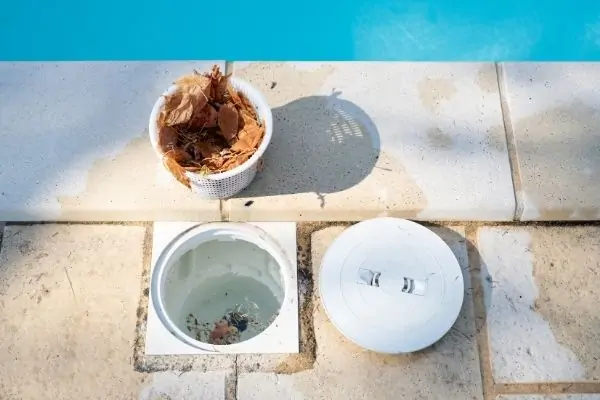
Skimmer baskets catch leaves, bugs, and other debris. If they get too full, water can’t flow properly. Your pool pump will work harder, and your water might look dirty.
Cleaning skimmer baskets once a week helps your pool stay clear. It’s an easy job that makes a big difference. Just take out the basket, dump the debris, and put it back.
Filters also need regular cleaning. Dirty filters make your pump work harder, leading to poor water quality. Check your filter’s manual for how often to clean or replace it.
There are different types of filters: sand, cartridge, and diatomaceous earth. Each type has its own cleaning method. Learning what your filter needs will keep your pool in great shape.
Keeping skimmer baskets and filters clean ensures your pool stays inviting. Clear water is safer and more fun to swim in, and regular maintenance helps you avoid bigger problems down the line.
6) Letting Water Levels Drop Too Low
How to Keep Your Pool Filled Just Right
It’s important to monitor your pool’s water level. If it drops too low, your pump and filter might not work properly.
Check your pool’s water level every week. Make sure it’s around the middle of the skimmer opening. This keeps your equipment working smoothly.
During hot weather, water evaporates faster, so you might need to top it off more often. Use a garden hose to fill it up as needed.
Rain can also affect water levels. Heavy rains can cause your pool to overflow. After a storm, check the water level and adjust if necessary.
Leaks can also cause low water levels. If you suspect a leak, mark the water level with tape and check it again after 24 hours. If it drops a lot, you might have a leak.
Keeping your pool filled just right helps everything work better. Daily attention can save you from bigger problems later.
7) Allowing Algae to Take Hold
Proven Strategies for Preventing Algae Growth
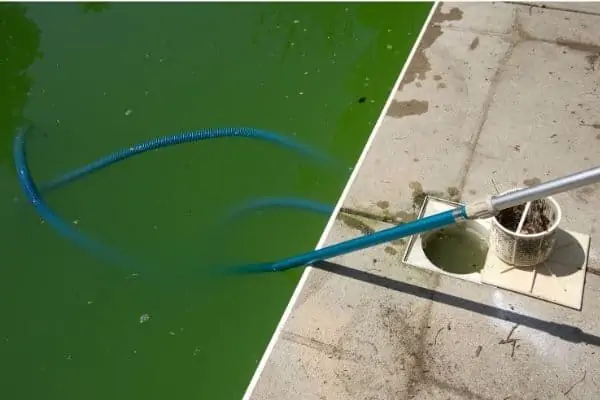
Algae can quickly turn your sparkling pool into a green mess. To keep your pool clear, you need to keep algae at bay.
Make sure you regularly test your pool water. Balanced water helps stop algae from growing. The right levels of chlorine and pH are key.
Shock your pool weekly. This means adding a large amount of chlorine all at once. It kills any algae spores before they grow.
Brush and vacuum your pool often. Algae can stick to the walls and floor, so brushing helps remove it. Vacuuming gets rid of any loose algae particles.
Use an algaecide. This is a special chemical that stops algae from growing. Add it to your pool water as per the instructions.
Run your pool pump and filter every day. This keeps the water moving and filters out particles that algae feed on. Aim for at least 8 hours of circulation each day.
Keep your pool clean. Remove leaves, dirt, and debris regularly. These can introduce nutrients that algae love. A clean pool is less likely to have algae problems.
By following these steps, you can enjoy an algae-free pool all season long.
8) Running the Pump Incorrectly
Discover the Ideal Pump Schedule for Your Pool
Running your pool pump the right way is really important. The pump helps keep the water clean by moving it through the filter. But, if you don’t run it enough or run it too much, it can cause problems.
You don’t need to run your pump 24/7. A good rule of thumb is to run it for about 8 hours a day. This ensures all the water gets filtered properly.
The best times to run your pump are during the day. This helps keep the pool sanitized when it’s being used the most. If you have an off-peak electricity plan, you might save money by running it at night instead.
Make sure to adjust the pump schedule based on the pool’s usage and size. If you have lots of people using the pool or if it’s really hot outside, you might need to run the pump a bit longer.
Keeping an eye on how your water looks and smells can also help you find the right schedule. Clear, clean water means you’re doing it right. Cloudy or smelly water means you need to adjust the pump time.
9) Neglecting Essential Equipment Maintenance
Keeping Your Pool Gear in Top Shape
Your pool equipment needs regular care to work properly. Ignoring it can lead to expensive repairs. For example, the pool pump needs to be checked and cleaned.
Filter maintenance is crucial too. Clean or replace pool filters as recommended. Dirty filters can make your pool water cloudy and unhealthy.
Regularly inspect your pool heater. A well-maintained heater keeps water at the right temperature. Look for signs of wear or damage.
Don’t forget about your pool cleaner. Check hoses and brushes for wear. Proper care ensures it effectively cleans your pool.
Make sure your pool’s chemical feeders are working well. Proper chemical balance keeps water clear and safe.
Remember to store pool equipment correctly. Keep everything covered to protect from weather damage. Proper storage extends the life of your equipment.
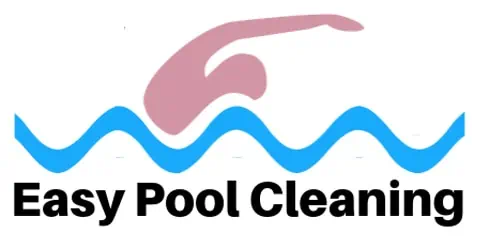


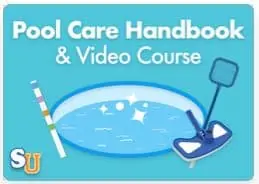
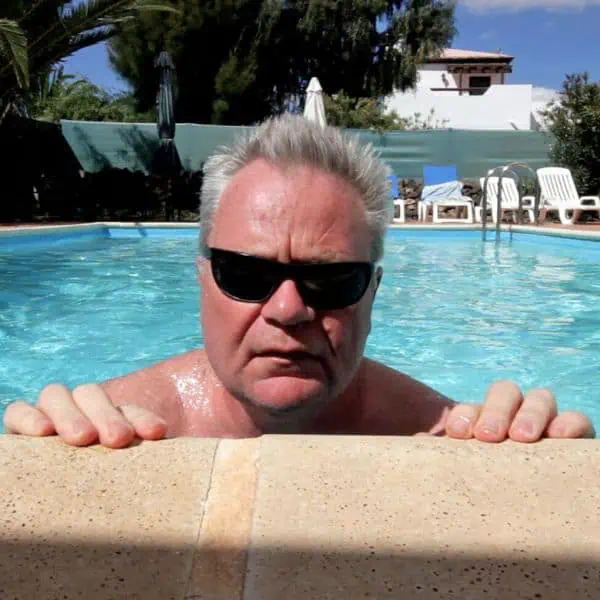

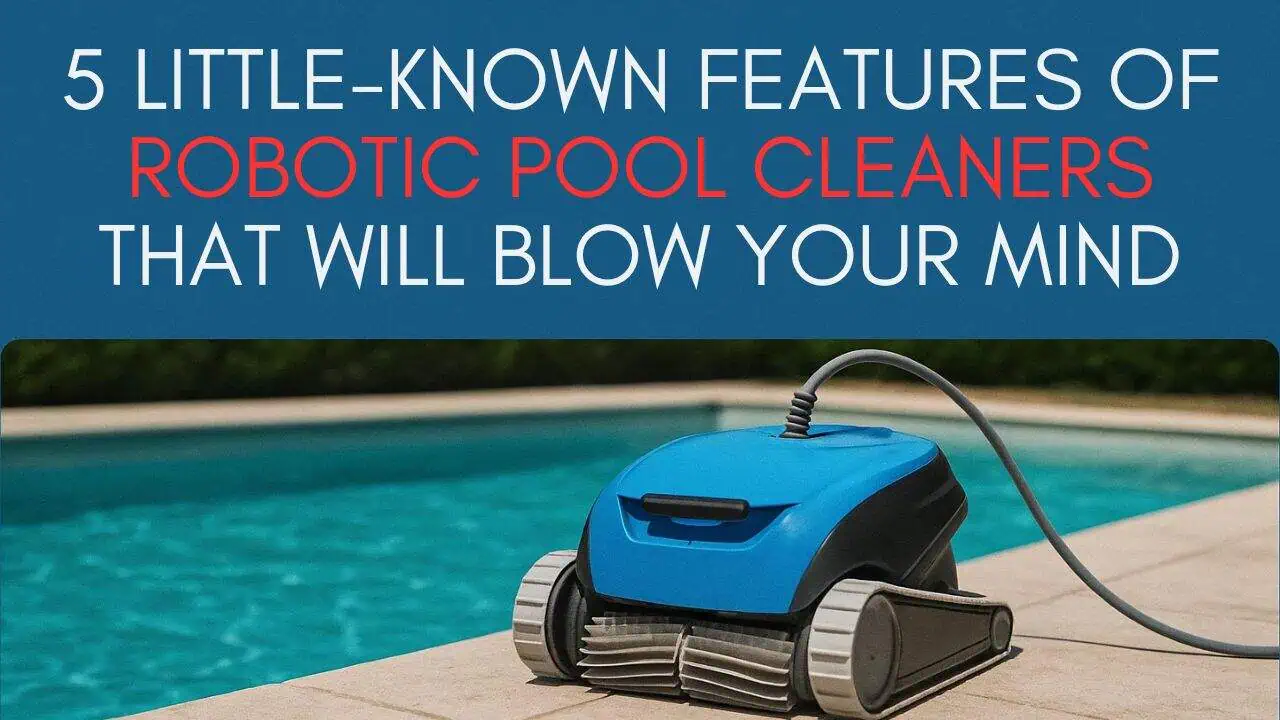

Leave a Reply